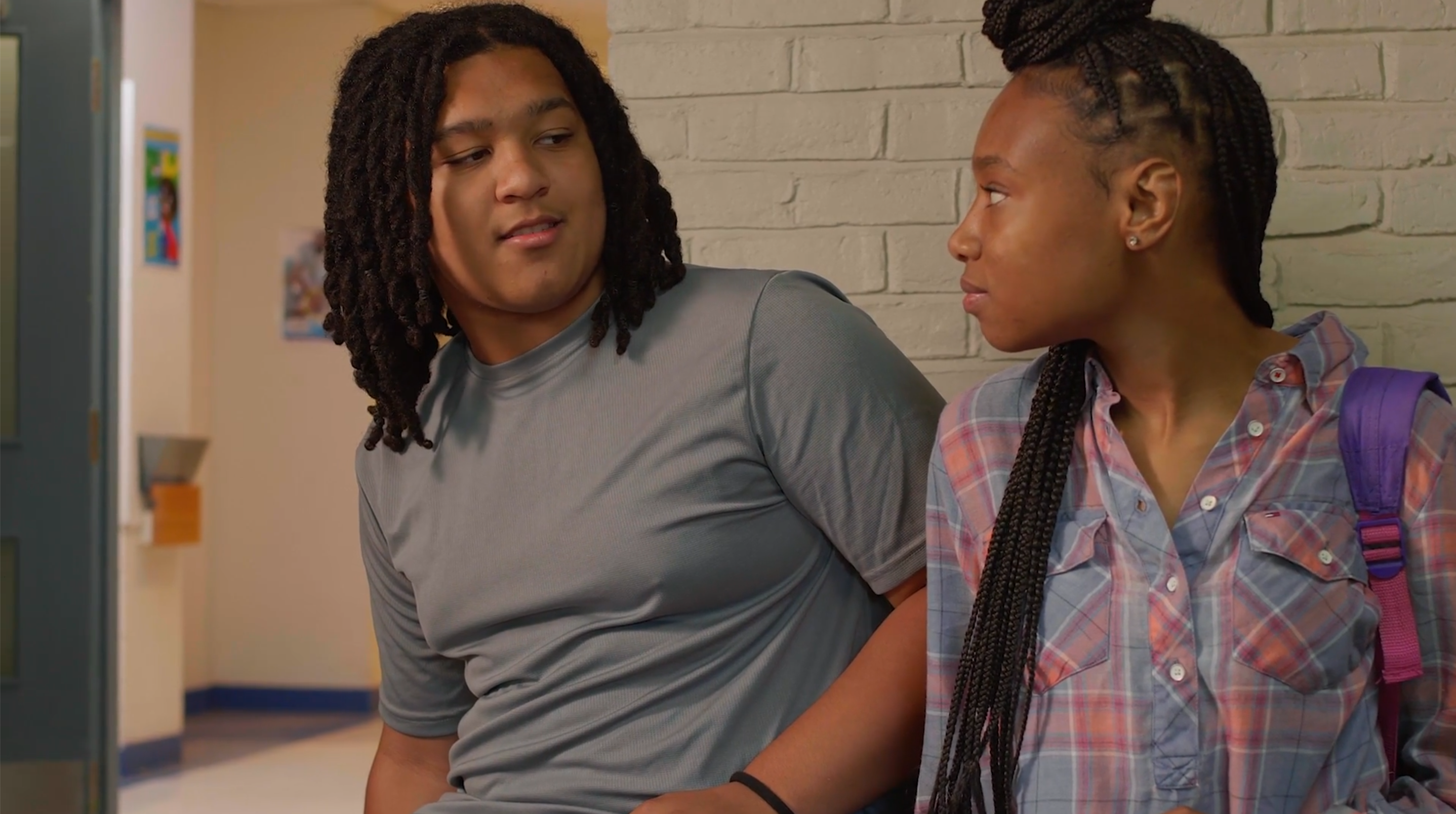
Introduction
Communication plays a crucial role in maintaining healthy and happy relationships. For students in special education, developing strong communication skills is essential to avoid misunderstandings and foster positive connections with others. This blog post will explore tips and strategies to improve communication in relationships, focusing on understanding communication styles, active listening, and expressing oneself positively and clearly.
No-Prep Activity: Role-Playing Communication Scenarios
An excellent no-prep activity to help students practice their communication skills is role-playing. In this activity, the educator will present different scenarios to students, who will then act them out in pairs or small groups. These scenarios should involve various communication styles, listening challenges, and opportunities to express needs or emotions. Role-playing allows students to practice their skills in a safe and supportive environment, enabling them to become more confident and effective communicators.
Discussion Questions
- Why is it important to understand and adapt to different communication styles in relationships?
- What are some strategies you can use to improve your active listening skills?
- How can you ensure that your communication is positive and constructive, even when discussing difficult topics?
- What are some examples of expressing needs or emotions in a polite and clear manner?
- How can role-playing activities help you practice and improve your communication skills?
Related Skills
Besides effective communication, other essential skills for students in special education to develop healthy relationships include:
- Empathy: Understanding and sharing the emotions of others is crucial for building strong connections.
- Conflict Resolution: Learning to resolve disagreements in a respectful and constructive manner is vital for maintaining harmony in relationships.
- Emotion Regulation: Managing one’s emotions and responding appropriately to the emotions of others helps to create a supportive and understanding environment.
- Assertiveness: Expressing oneself confidently and respectfully allows for clear communication and promotes mutual understanding.
Next Steps
Improving communication in relationships is a vital skill for students in special education. By understanding different communication styles, practicing active listening, and expressing oneself positively and clearly, students can foster healthy and happy relationships with others. To further support your students’ development in this area, we encourage you to sign up for free samples of our skill-based activities and resources. These materials will provide you with additional tools and strategies to help your students grow and thrive in their social-emotional learning journey.

